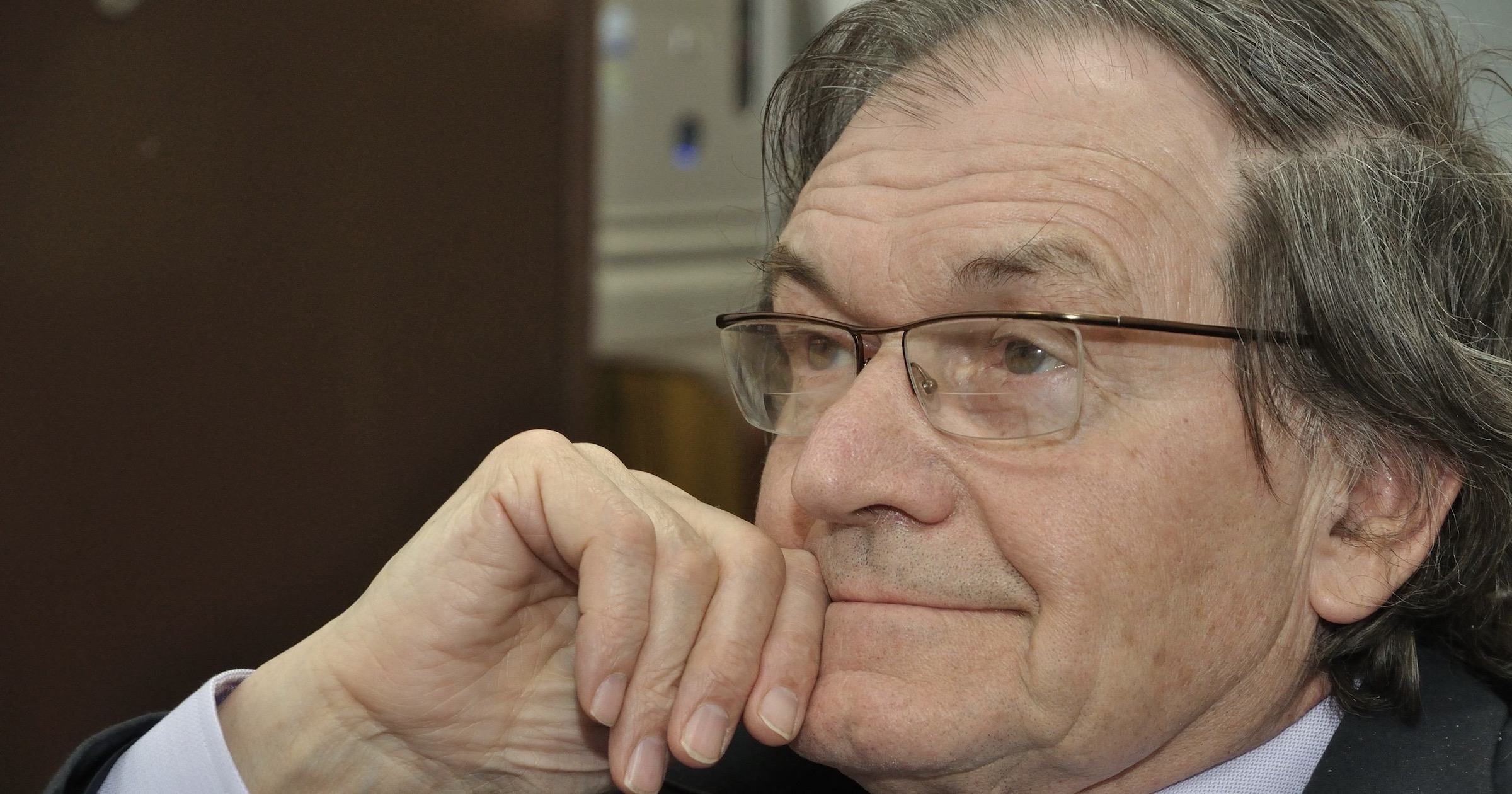 Intelligent Design
Intelligent Design
 Physics, Earth & Space
Physics, Earth & Space
More on Roger Penrose and Fine-Tuning

Earlier this month I discussed a video containing a segment on fine-tuning from an amicable debate between 2020 physics Nobel Prize winner Roger Penrose and Christian philosopher William Lane Craig. The video was interesting to me because Penrose does not like the multiverse/anthropic principle explanation which is nearly always proposed as the only alternative to design.
I suggested that perhaps one reason Penrose does not like the multiverse explanation for fine tuning is that it would require an awful lot of universes to explain the fine-tuning he has himself discovered. I have since found another video interview, this one with Robert Lawrence Kuhn, in which Penrose makes clear that this is indeed one of his main objections to the multiverse/anthropic principle explanation for-fine tuning, at least for his own spectacular “initial entropy” fine-tuning.
He calls the other examples of fine-tuning “chicken feed” compared to the fine-tuning required for the “special” initial conditions at the Big Bang and says there must be another explanation for this fine-tuning, though he has only “hypotheses.” But even if a better explanation than chance or design were found for these spectacularly special initial conditions, that would still leave the “chicken feed” fine-tunings unexplained, for example, why the gravitational constant had to be exactly what it is out to 30 or 60 digits of precision!
“We Ought to Be Observing”
I also noted that in the Penrose-Craig debate, Craig summarized one of Penrose’s objections to the multiverse argument as “We ought to be observing a much different universe than we do” if the anthropic principle could explain fine-tuning. And I said that it appears that Penrose sees the same problem with a multiverse explanation that Michael Behe did in The Edge of Evolution:
On the finite random multiverse view, we should very likely live in a bare-bones world, with little or nothing in life beyond what’s absolutely required to produce intelligent observers. So, if we find ourselves in a world lavished with extras — with much more than the minimum — we should bet heavily against our world being the result of a finite multiverse scenario.
Other “Extras” from Our Universe
It is clear from the Robert Kuhn interview that Penrose’s objection is indeed that the order in our universe extends far beyond what should be required for observers to exist (4:10+), though he is talking about a specific kind of order that relates to the initial entropy of the universe. Other “extras” that our universe (and our planet) seem to provide us, which are far beyond what should be required for observers to exist, include, apparently, fine-tuning for scientific discovery and technological progress, as the clips from the Fire-Maker (Michael Denton) and Privileged Planet (Guillermo Gonzalez and Jay Richards) videos included here suggest.
In the interview with Robert Kuhn, Roger Penrose still offers as an alternative to design only that maybe some very different kind of life might still have been possible without the fine-tunings we see in our universe (1:15+). And the problems with that alternative are still as expressed in the last paragraphs of my earlier post.
Of course, all of these discussions assume that once you get the constants of physics and initial conditions of a universe right, life could arise and conscious observers could evolve without design, an assumption that is, to put it very mildly, questionable.
.
